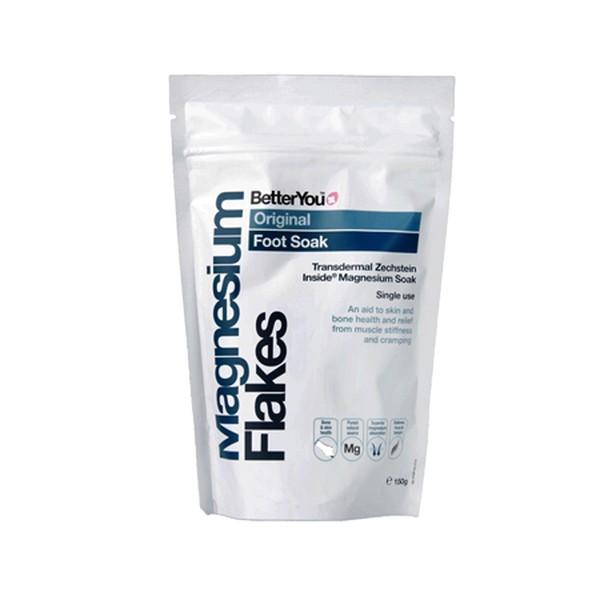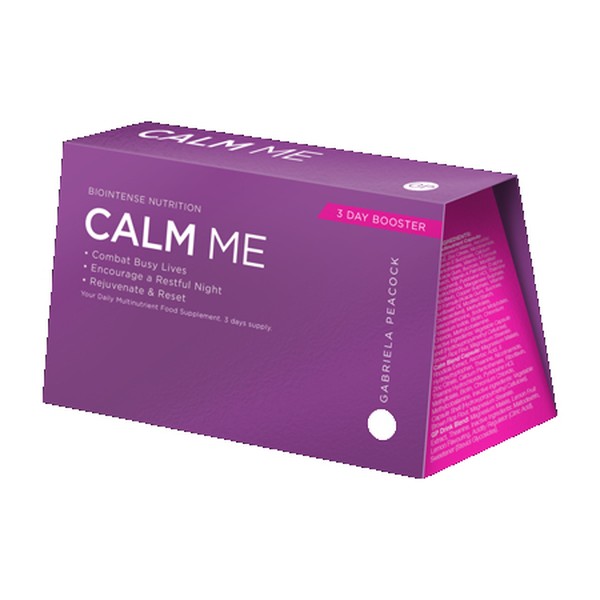Why Magnesium Is The Mineral We All Need
1. Boosts bones
Magnesium helps to assimilate calcium in the bone. This is particularly important for post-menopausal women, who might be at risk of osteoporosis (oestrogen protects bones but decreases sharply during the menopause). Without this vital ingredient, calcium absorption is impaired. You also need a sufficient amount to be able to absorb any vitamin D into your system – the two go hand in hand.
2. Healthy heart
Just as it helps nerve function throughout the body, it’s also necessary to maintain the health of the heart muscle, coordinating the nerves that initiate the beat. As well, it’s been shown to improve blood lipid profile in some patients, with other reports stating that magnesium’s effect on high blood pressure is enhanced because it helps to equalise the levels of potassium and sodium in the blood. Pretty genius.
3. Supports sleep
It plays a key role in supporting deep, restorative sleep by maintain healthy levels of GABA – a neurotransmitter that promotes sleep by quieting down nerve activity. With some reports stating insomnia is a common side effect of those who are lacking in magnesium. Try some salts laced with the mineral and chuck a handful into your bath. The salts have been anecdotally reported to improve muscle relaxation as well as helping the body to unwind ready for bed.
4. Aids anxiety
It’s proven that those deficient in this mineral are also associated with heightened stress and anxiety. A great way to combat this is by taking magnesium supplements for the stabilising effect they have on our moods. They’re also natural muscle relaxers, which instantly help to alleviate angst, fear, irritability and restlessness, while promoting feelings of calm and well-being. Its little wonder magnesium has been dubbed the ‘chill pill’ before.
5. Reduces PMS
Another big boon of magnesium is its powers in reducing premenstrual syndrome in women. This is again thanks to its muscle soothing benefits that alleviate headaches, tension, and pain, so you can expect your period cramps to be that bit more bearable too. But be patient, unlike pain relievers, magnesium needs to be soaked up by the body over time to see full results.
Common food sources:
You may already be getting more Magnesium than you think, thanks to these key foods below which all contain a generous dose:
- Dark, leafy greens
- Seeds and nuts (including sunflower and sesame seeds, cashews and almonds)
- Squash, broccoli and other veg
- Legumes
- Dairy products
- Meat
- Unprocessed whole grains
- Chocolate
- Fruit (Figs, avocado, banana and raspberries)
- Baked beans
For more nutritional advice and tips, head to Gabriela’s site: gpnutrition.com




DISCLAIMER: We endeavour to always credit the correct original source of every image we use. If you think a credit may be incorrect, please contact us at info@sheerluxe.com.


